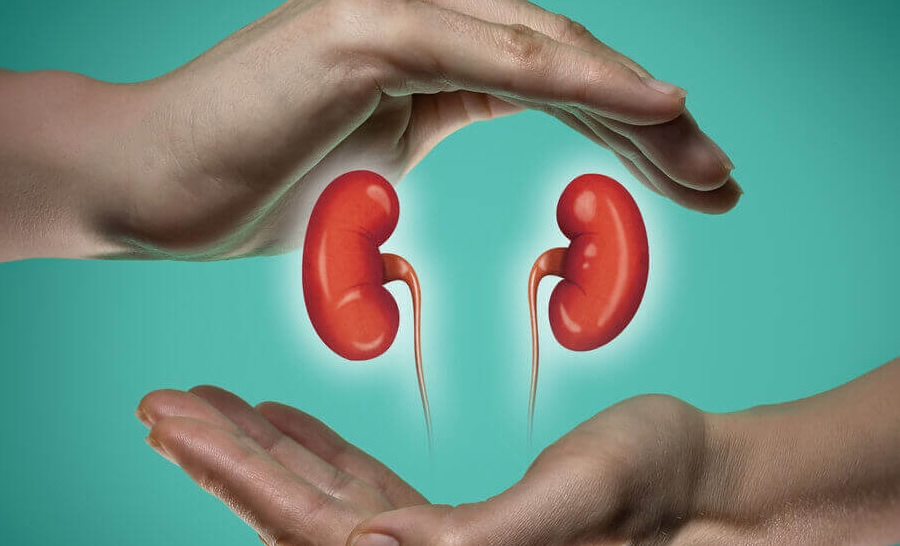By Dr. David Samadi
Let us never forget that the kidneys are one of the most important organs in your body for maintaining good health. However, a growing number of adults living in the United States suffer from chronic kidney disease. This urological condition significantly impacts your kidneys' ability to filter substances that your body needs to expel through urine. Chronic kidney disease (CKD) is a serious and sometimes fatal condition that can progress to kidney failure, requiring dialysis, and can lead to heart and carotid artery disease. Therefore, it is imperative that taking care of your kidneys is vital to good overall health.
How to improve kidney health
Lifestyle choices are critical to kidney health. If you make wise choices, your kidneys will likely respond by functioning properly for many years to come. But, not-so-healthy choices can lead to diseased kidneys causing painful complications that require significant changes in your dietary habits to reduce total loss of kidney function.
If good kidney health is a priority for you, here are some basic health habits to do daily to keep your kidneys functioning properly:
- Swap sugary drinks for water. Water is the best drink for your kidneys. Drink it
about six to eight glasses daily to help eliminate toxins that can cause stones and
kidney or urinary tract infections. - Add more blueberries to your diet. This colorful fruit prevents the growth of bacteria and
ulcers in the urinary tract. - Exercise daily. Movement helps release toxins from your body, putting
less pressure on your kidneys and allowing them to do their job more efficiently. - Include more vegetables. Like cauliflower, spinach and kale, in your meals
daily. These plant-based foods are packed with vitamins A and C, folate and fiber,
valuable nutrients that help reduce inflammation, improve the functioning of the
immune system and support kidney health. - Choose foods with less sodium and stay away from high sodium foods. One of the kidneys' jobs is to filter sodium from the body and expel it through urine. However, too much sodium can build up in your bloodstream, making it difficult for your kidneys to remove most of it. That's why it's important to consume less sodium, as it helps lower blood pressure and may help slow the progression of CKD. It's recommended that most adults consume no more than 2,300 mg of sodium per day.
Dr. David Samadi is the Director of Men’s Health and Urologic Oncology at St. Francis Hospital on Long Island. He is a renowned and successful board-certified robotic-surgical urologic oncologist in New York City, regarded as one of the leading prostate surgeons in the US, with extensive experience in prostate cancer treatment and robotic-assisted laparoscopic prostatectomy. Dr. Samadi is a medical contributor for NewsMax TV and is also the author of The Ultimate MANual, Dr. Samadi’s guide to men’s health and wellness, available online at both Amazon and Barnes & Noble. Please visit Dr. Samadi’s websites at robotic oncology and prostate cancer 911.
